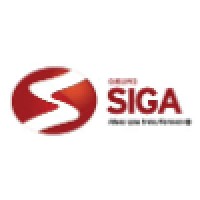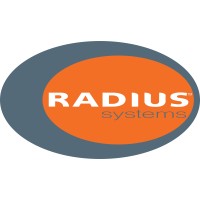
Grupo SIGA
Somos un grupo mexicano que nos apasiona estar cerca de nuestros clientes; nuestra seriedad y dinamismo han logrado combinar un servicio único logrando así resultados que generan avance y rentabilidad. En Grupo SIGA, promovemos el desarrollo de las empresas a través de la innovación. Nos involucramos en áreas de automatización e integración de procesos, asesoría y mantenimiento, construcción de obras eléctricas y civiles, además de maquinado de piezas y pailería. Así mismo, contamos con un departamento enfocado al desarrollo de proyectos en el área sustentable.






